Employers are constantly seeking ways to identify top talent and ensure that their teams possess the skills necessary to succeed in a fast-paced and ever-evolving environment. One effective way for professionals to demonstrate their expertise and commitment to their careers is by obtaining a professional certificate. For employers, hiring individuals with such credentials offers a multitude of benefits, making professional certificates a valuable asset in the recruitment process.
-
Demonstrated Expertise and Specialization
A professional certificate is a clear indicator that a candidate has acquired specialized knowledge and training in a particular field. Unlike a general degree, which may cover a broad range of topics, a professional certificate focuses on job-specific skills and training relevant to the industry. This specialization allows employers to confidently assess a candidate's ability to perform tasks that are critical to the role they are hiring for. Whether it's in project management, IT, finance, or any other field, a professional certificate signals that the individual has a deep understanding of the subject matter.
-
Commitment to Continuous Learning
The willingness to pursue additional certifications beyond formal education demonstrates a candidate's commitment to continuous learning and professional growth. In most industries, technology and best practices are constantly evolving, making it crucial for employees to stay up-to-date with the latest trends and skills. Employers value candidates who take the initiative to enhance their knowledge and skills, as it shows they are proactive, dedicated, and likely to stay ahead of industry changes. This mindset not only benefits the individual but also contributes to the overall growth and adaptability of the organization.
-
Enhanced Credibility and Trustworthiness
When a candidate holds a professional certificate from a reputable organization, it adds an extra layer of credibility to their qualifications. Employers can trust that the certificate holder has met the rigorous standards set by the certifying body, which often includes passing exams, completing coursework, and meeting specific experience requirements. This credibility is especially important in roles that require a high level of responsibility or where trust is a key component, such as in healthcare, finance, or cybersecurity. A certified professional is often seen as more reliable and capable, reducing the perceived risk associated with hiring.
-
Improved Performance and Productivity
Professionals with certifications tend to be more effective in their roles due to the targeted training they receive. The practical knowledge and skills gained through certification programs are designed to be directly applicable to the workplace. This means that certified employees can often hit the ground running, with minimal need for additional training or onboarding. Employers benefit from increased productivity and efficiency, as these professionals are equipped to handle the challenges of their roles with confidence and competence. Additionally, the standardized knowledge base provided by certifications helps ensure consistency in work quality across the organization.
-
Competitive Advantage in Recruitment and Retention
In a job market where top talent is in high demand, offering opportunities for certification can be a powerful tool for attracting and retaining employees. Candidates often seek out employers who provide professional development opportunities, including certification programs. By supporting employees in obtaining certifications, employers not only attract skilled professionals but also increase employee satisfaction and loyalty. This investment in professional development fosters a culture of growth and continuous improvement, making the organization more appealing to both current and prospective employees.
-
Alignment with Industry Standards
Many industries have established certifications that are recognized as benchmarks of excellence. For employers, hiring individuals with these certifications ensures that their teams are aligned with industry standards and best practices. This alignment is crucial for maintaining competitiveness in the market, as it ensures that the organization is operating at the highest level of efficiency and quality. Furthermore, in regulated industries, certifications may be required for compliance with legal and industry-specific standards, making certified employees an essential part of the workforce.
Professional certificates offer significant value to employers by providing a reliable measure of a candidate's expertise, commitment, and readiness to excel in their role.
You can explore our Professional Certificates and Degree Programs on our Program Finder. Best of luck as you look to enhance your career!

